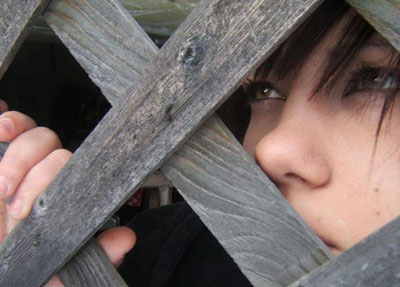All Nonfiction
- Bullying
- Books
- Academic
- Author Interviews
- Celebrity interviews
- College Articles
- College Essays
- Educator of the Year
- Heroes
- Interviews
- Memoir
- Personal Experience
- Sports
- Travel & Culture
All Opinions
- Bullying
- Current Events / Politics
- Discrimination
- Drugs / Alcohol / Smoking
- Entertainment / Celebrities
- Environment
- Love / Relationships
- Movies / Music / TV
- Pop Culture / Trends
- School / College
- Social Issues / Civics
- Spirituality / Religion
- Sports / Hobbies
All Hot Topics
- Bullying
- Community Service
- Environment
- Health
- Letters to the Editor
- Pride & Prejudice
- What Matters
- Back
Summer Guide
- Program Links
- Program Reviews
- Back
College Guide
- College Links
- College Reviews
- College Essays
- College Articles
- Back
Dear Mr. Thomas Jefferson
Dear Mr. Thomas Jefferson,
It began with the Enlightenment. The Enlightenment was an intellectual movement during the 17th and 18th centuries when great thinkers used intelligence and science to explain the universe instead of religious beliefs. You, Mr. Jefferson, a man of the Enlightenment, believed that humanity could be improved if people used the “laws of nature”. John Locke’s writings helped you to justify that, since he had helped overthrow his own government (King James II) during England’s Glorious Revolution. The English philosopher said that the purpose of government is to secure and protect the God-given natural rights of the people, and that someone has a right to do what they want as long as it doesn’t infringe on others’ rights. You adopted Locke’s theory, knowing the natural rights would provide a reason for revolution. You also drew upon the statements for independence from colonies and towns, and counties and organizations, to help compose the document. You were well acquainted with political philosophy, and British history, and the Enlightenment, so you gathered many sources to write the Declaration that would start a revolution.
You, Mr. Jefferson, started opposing slavery at an early age. But you still debated with yourself on whether or not to denounce slavery in the Declaration of Independence. To you, it was morally wrong, and you felt that you and other colonists were obliged to take care of slaves since they were forced to come to America and work for their “owners”. But you were also economically dependant on slave labor, much like other plantation owners in the south. You worried that if all slaves were freed, they’d have nowhere to go and wouldn’t survive, or there would be a bitter war of extermination. You thought of a plan to free the slave children, educating them as they matured, so that the servants would diminish with each generation. But, unfortunatley, your plan fell through. Yet if you hadn’t edited out that slavery was wrong in the Declaration of Independence, then the Southern colonies most likely wouldn’t have signed. And what’s the point in fighting for independence if you don’t fight as one?
I agree with your opinion about slavery. It is wrong to call someone your “slave” and for you to be their “master”. I think it was very smart of you to edit out everything opposing slavery- except for “all men are created equal” –so that the Southern colonies would sign the Declaration of Independence and you could fight together as one. I also agree, like you, with the Scottish philosopher Francis Hutcheson that “Nature makes none masters, none slaves.” You wished it to be, but there was never any equality between the whites and the blacks during your time, and there still isn’t complete equity today. But the Declaration of Independence that you, Mr. Thomas Jefferson, wrote still resonates in the minds of the people of our nation today as we try to abolish slavery and ensure that all citizens have the rights that they deserve. And it’s all because of you.
With utmost respect,
M. M.

Similar Articles
JOIN THE DISCUSSION
This article has 0 comments.
